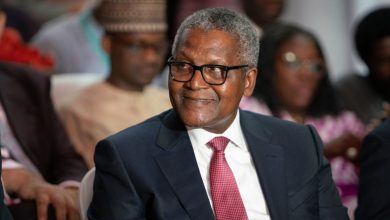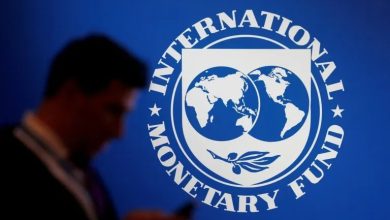Afe Babalola Warns Nigeria’s Growing Debt Is Driving Away Foreign Investors
Aare Afe Babalola has warned that Nigeria’s rising debt is damaging its image and scaring investors.
He said the debt crisis threatens economic stability as banks struggle with unpaid government notes.
Legal icon and founder of Afe Babalola University, Ado-Ekiti (ABUAD), Aare Afe Babalola, has raised concerns over Nigeria’s rising debt, warning that the country’s worsening financial situation is damaging its reputation and discouraging foreign investors.

Speaking at the 2025 International Leadership Conference on Leadership, Governance, Sustainable Change, and Wealth Creation, held at ABUAD, Ado-Ekiti, Babalola said Nigeria’s debt crisis has become a major threat to economic stability. The event was organized by ABUAD in partnership with Trinity Western University, Canada, and the African Centre for Leadership, Strategy, and Development (CentreLSD).
He said the country’s growing debt has created a negative perception among investors, while the local banking sector is also struggling. According to him, several banks have complained that the Central Bank of Nigeria (CBN) is unable to honor government promissory notes because of the nation’s debt burden.
“The theme of this conference is very appropriate at this stage of our development,” he said. “Records show that Nigeria is now a debtor country, with total public debt at N152.4 trillion, or $99.7 billion. As a result, many foreign companies are reluctant to invest here. I know that some banks are complaining that the CBN cannot honor promissory notes due to the Federal Government’s inability to pay.”
Babalola also reminded the government of its constitutional duty to ensure the welfare and security of citizens, as outlined in Section 14 of the Nigerian Constitution.
Delivering a paper titled “Transformational Leadership in an Insecure and Disruptive Era: Building Ethical, Resilient, and Impactful Leaders for Africa,” Dr. Otive Igbuzor, founding Executive Director of CentreLSD, said transformational leadership is key to tackling corruption, poor governance, unemployment, and social inequality in Nigeria and across Africa.
He urged the country to build a new generation of leaders who promote innovation, integrity, and merit-based systems. According to him, leadership education should be part of the national curriculum to shape ethical and visionary leaders.



